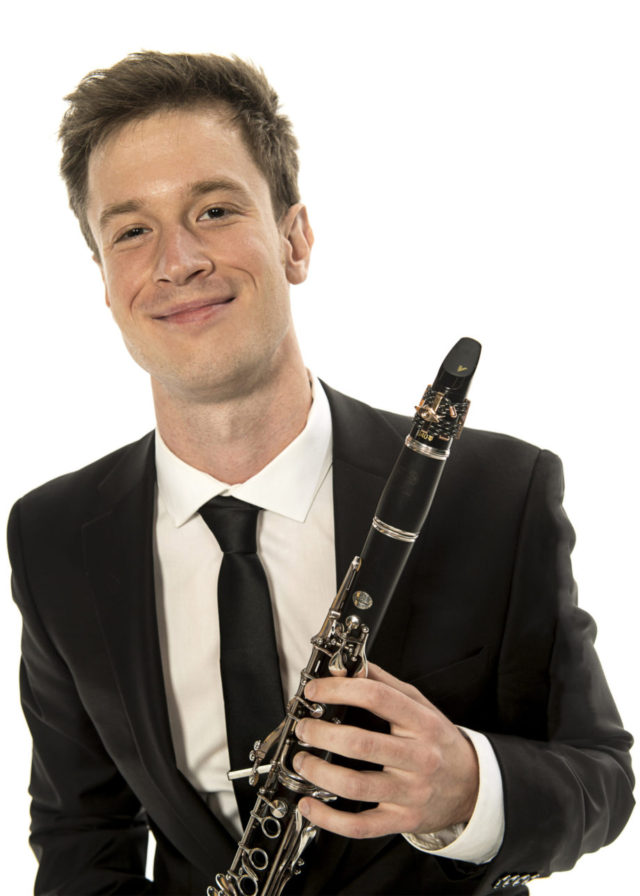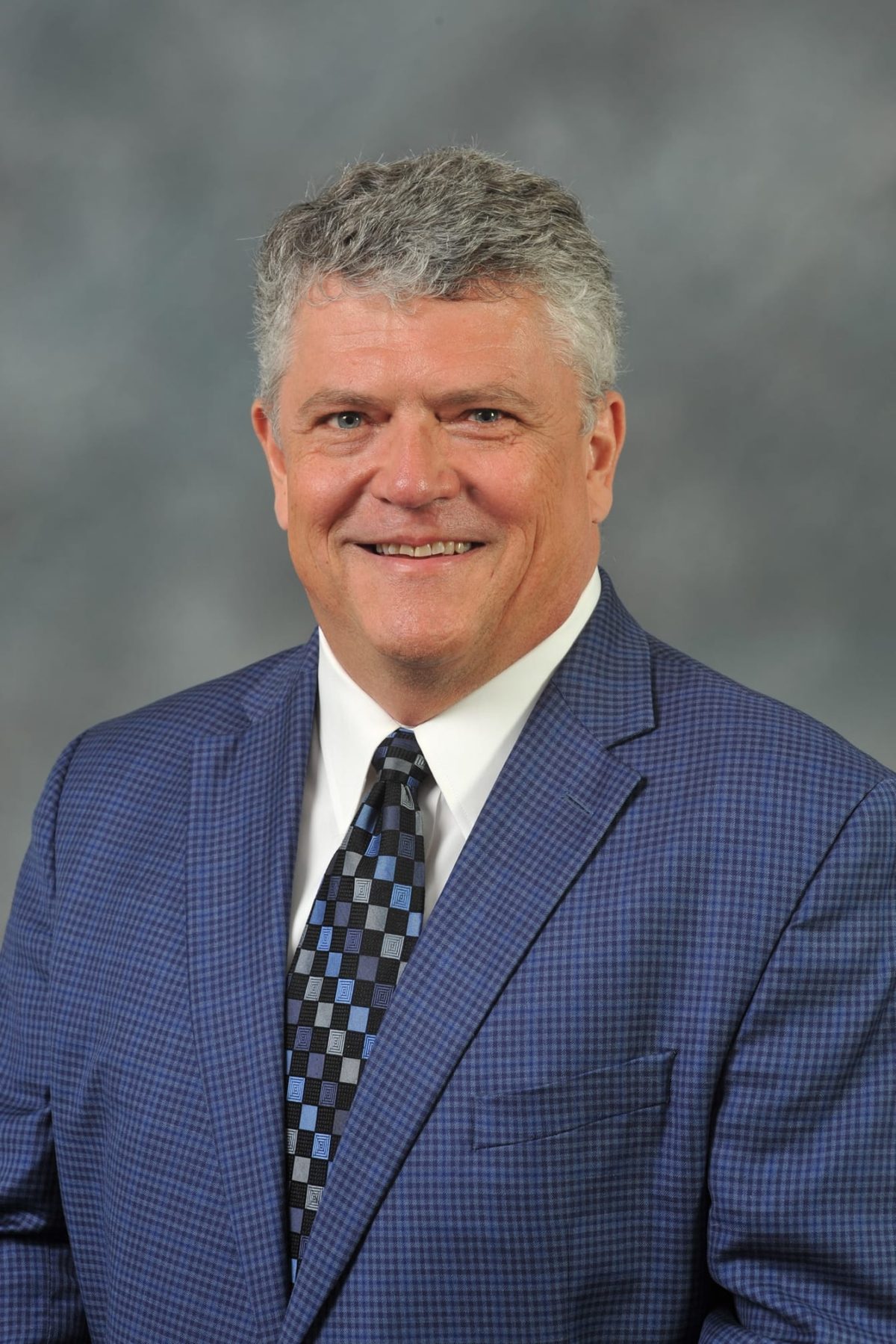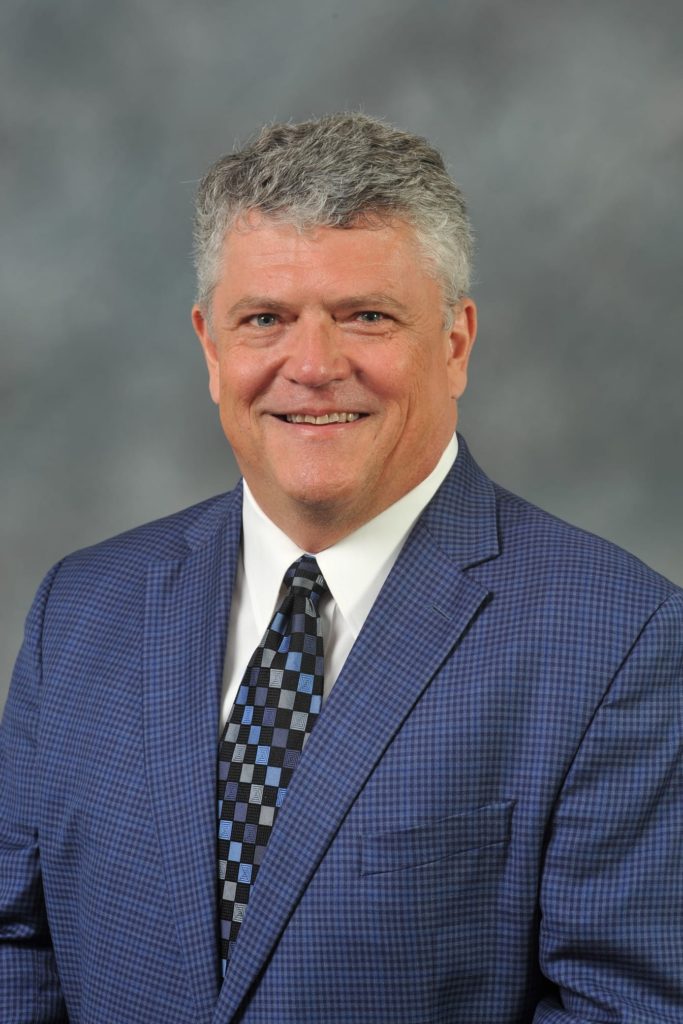As an award-winning clarinetist and emigrant to the South by way of New York and Wisconsin, Eric Schultz, assistant professor in the Department of Music, is eager to explore CCU’s potential as his new academic and professional home.
Schultz comes to CCU in the midst of a prestigious career as an internationally renowned musician who has performed with the Chelsea Symphony, toured as a member of the orchestra in Tony Award-winning Broadway musicals, and was scheduled to perform at Carnegie Hall in May 2020 (rescheduled for 2021).
In his shift to a position that blends performance with teaching, Schultz is excited for the opportunities that CCU offers.
One of Schultz’ goals is creating new chamber music groups for students and other musicians, taking advantage of CCU’s facilities.
“The Wheelwright Auditorium recording studio is a great benefit for students,” Schultz said.
In the classroom, Schultz’ goal is to push students out of their comfort zone.
“I will challenge you,” he warns fledgling musicians, “but that is done out of love. It means I believe in you. I want to help you find your path.”
Being pushed out of one’s comfort zone is nothing new to Schultz; it’s how he discovered his love for teaching.
“An undergraduate teacher inspired me quite a bit. My clarinet teacher at the time, Melissa Koprowski, really pushed me in every way possible,” Schultz recollects. “On top of her excellent teaching, she also has one of the most beautiful clarinet tones I have ever heard… I never thought I would want to teach, but as I went on to teach privately and later even teach in Melissa’s studio during a leave, I fell in love with teaching.”
Teaching at the university level is very liberating for Schultz.
“Now I get to do everything,” he says, noting that being a professor affords him the opportunity to perform, write about music, commission new pieces, learn about new technology, conduct, and, of course, teach.
The pandemic has offered Schultz some time to engage with his other interests, however. To stay sane during quarantine, Schultz has watched the series The Magicians on Netflix, and he enjoys reading books about language learning.
“My cat, Andreas, is also very entertaining,” he notes.
In his off time, Schultz enjoys binging on ice cream and balancing out the calories with one of his favorite hobbies: running, weightlifting, or yoga.
To keep up with Schultz and his work, check out his website.
To view a full video interview with Schultz, visit the CCU Edwards College Facebook page.


